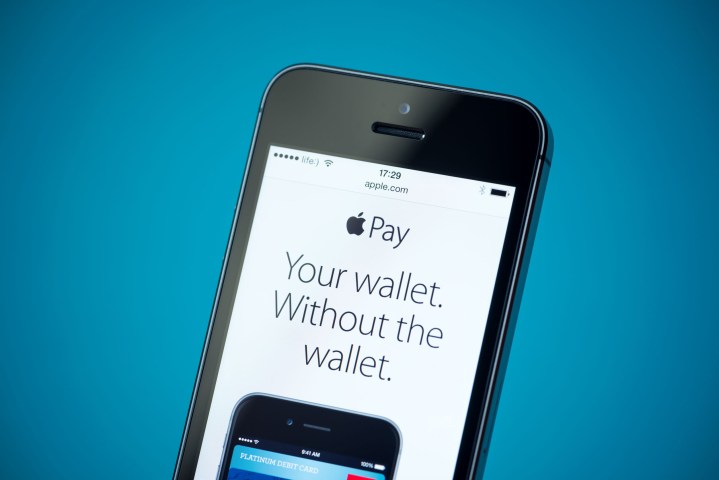
Although Apple Pay is a service introduced by the Cupertino, California-company, the actual financial transactions themselves stay between the banks, retailers, and customers. That said, Apple has, elsewhere in the world, negotiated lower transaction fees in return for encouraging more credit-based transactions.
If it wants to do that in Australia though, it will need to do so with individual banks, rather than all of them as a collective.
“The ACCC is not satisfied, on balance, that the likely benefits from the proposed conduct outweigh the likely detriments,” ACCC chairman, Rod Sims said in a statement (via 9t05Mac). “We are concerned that the proposed conduct is likely to reduce or distort competition in a number of markets.”
“While the ACCC accepts that the opportunity for the banks to collectively negotiate and boycott would place them in a better bargaining position with Apple, the benefits would be outweighed by detriments.”
Apple’s response to the news was slightly derogatory. It suggested that it had been able to successfully negotiate the use of Apple Pay in a variety of markets, but struggled with Australia, purely because of the ACCC.
Part of the reason a deal has yet to be struck with Australian banks is because they have previously requested access to the iPhone’s NFC chip, which would allow not only Apple Pay to work, but alternative mobile payment options as well. Apple’s denial of access is said to be related to security concerns.
It’s sticking to its guns, too, so it may mean that negotiations take far longer now that it will have to make deals with individual banks over the coming months. This could lead to some banks negotiating better rates than others, which could affect the rollout, though to what extent is anyone’s guess.




